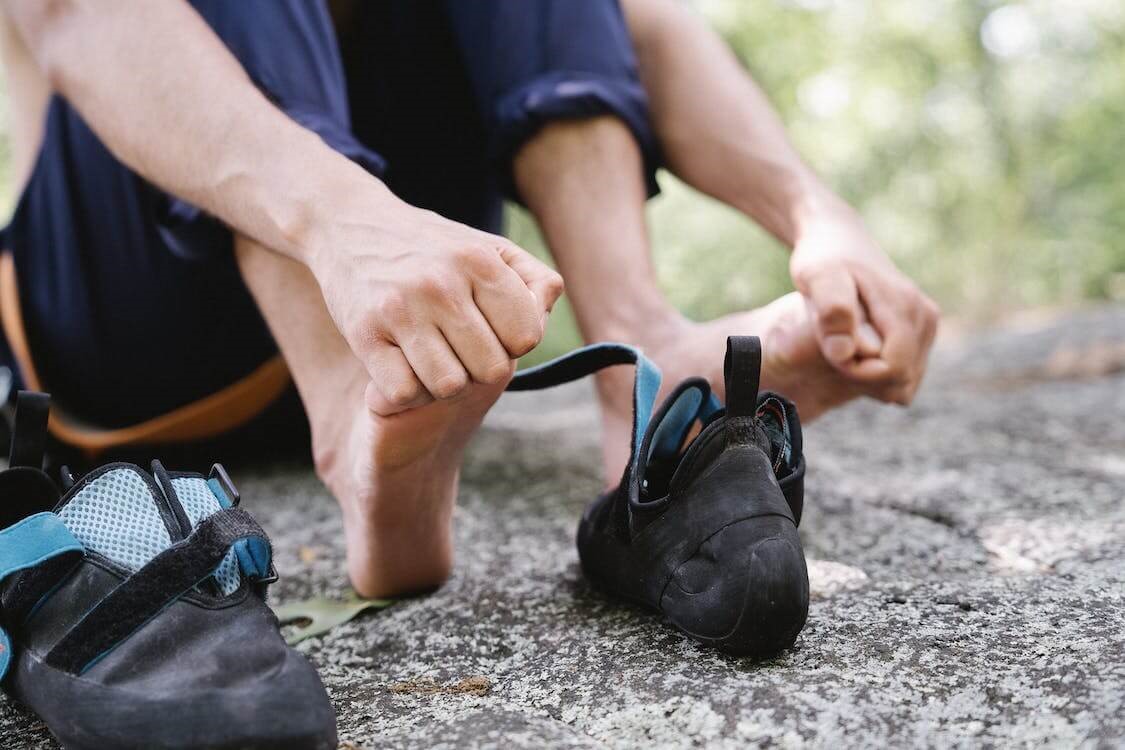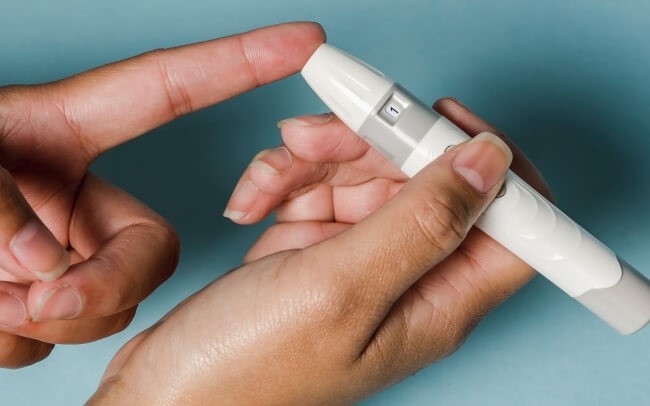Dealing with hyperglycaemia
High blood sugar
Peer reviewed by Dr Hayley Willacy, FRCGP Last updated by St John AmbulanceLast updated 20 Nov 2016
Meets Patient’s editorial guidelines
- DownloadDownload
- Share
- Language
- Discussion
- Audio Version
In this series:Type 1 diabetesInsulin
This page has been archived.
It has not been reviewed recently and is not up to date. External links and references may no longer work.
This leaflet is created from first aid advice provided by St John Ambulance, the nation's leading first aid charity. This advice is no substitute for first aid training - find a training course near you.
Sign up for our free 10-week Diabetes course!
Each week, we'll explore a different topic to help you better understand and manage your diabetes, including everyday living and medicines, to mental wellbeing, the latest in diabetes tech, and nutrition.
By subscribing you accept our Privacy Policy. You can unsubscribe at any time. We never sell your data.
In this article:
Too little insulin can cause high blood sugar (hyperglycaemia).
If it's not treated and gets worse, the person can gradually become unresponsive (going into a diabetic coma). So it's important to get them to see a doctor in case they need emergency treatment.
Continue reading below
What to look for
Warm, dry skin.
Rapid pulse and breathing.
Fruity sweet breath.
Really thirsty.
Drowsiness, leading to unresponsiveness if not treated.
What you need to do
Back to contentsCall 999 or 112 straightaway for medical help and say that you suspect hyperglycaemia.
While you wait for help to arrive, keep checking their breathing, pulse and level of response.
If they lose responsiveness at any point, open their airway, check their breathing and prepare to treat someone who's become unresponsive.
Continue reading below
If you're unsure whether their blood sugar is high or low
Back to contentsIf you're not sure whether someone has high or low blood sugar, give them something sugary anyway, as this will quickly relieve low blood sugar and is unlikely to do harm in cases of high blood sugar.
If they don't improve quickly, call 999 or 112 for medical help.
If they lose responsiveness at any point, open their airway, check their breathing and prepare to treat someone who's become unresponsive.
Note: these hints are no substitute for thorough knowledge of first aid. St John Ambulance holds first aid courses throughout the country.
Adapted from the St John Ambulance leaflet: diabetic emergency. Copyright for this leaflet is with St John Ambulance.
Patient picks for Living with diabetes

Diabetes
Diabetic neuropathy
Diabetic neuropathy is a type of nerve damage that can occur if you have diabetes. Diabetic neuropathy is a common complication of both type 1 diabetes and type 2 diabetes. The best way to prevent or treat diabetic neuropathy is to keep your blood sugar (glucose) and blood pressure well controlled, to attend regular diabetes checks and to avoid smoking. The outcome for early diabetic neuropathy can be good but severe neuropathy is often associated with a poor outcome.
by Dr Rosalyn Adleman, MRCGP

Diabetes
Diabetic kidney disease
Diabetic kidney disease is a complication that occurs in some people with diabetes. It can progress to kidney failure in some cases. Treatment aims to prevent or delay the progression of the disease. Also, it aims to reduce the risk of developing cardiovascular diseases such as heart attack and stroke which are much more common than average in people with this disease. To find out more about the kidneys and urine, see the leaflet called What do kidneys do?
by Dr Doug McKechnie, MRCGP
Article history
The information on this page is written and peer reviewed by qualified clinicians.
20 Nov 2016 | Latest version
6 Aug 2013 | Originally published
Authored by:
St John Ambulance

Ask, share, connect.
Browse discussions, ask questions, and share experiences across hundreds of health topics.

Feeling unwell?
Assess your symptoms online for free
Sign up to the Patient newsletter
Your weekly dose of clear, trustworthy health advice - written to help you feel informed, confident and in control.
By subscribing you accept our Privacy Policy. You can unsubscribe at any time. We never sell your data.